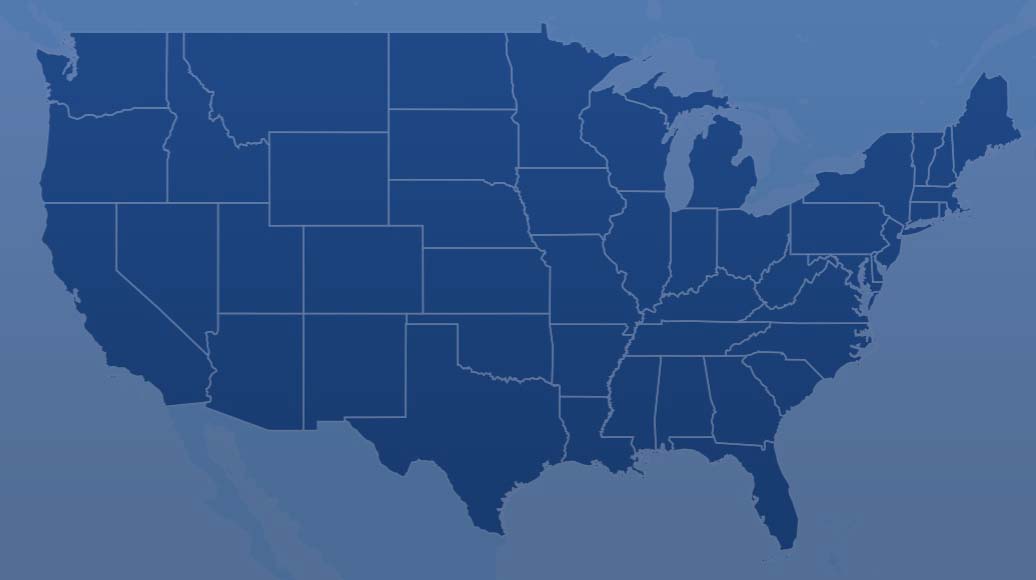- EN
- ES

An official website of the Biotechnology Innovation Organization
While we're still waiting on more data, early findings suggest that the vaccines are just as effective against some of the new variant strains but less effective against others. Given this data, public health experts -- including Dr. Anthony Fauci -- still stress that the current vaccines are effective enough against variants to make people less sick, prevent hospitalizations and deaths, and stop the spread of the virus.
Consider the two-shot vaccine developed by Novavax, which is likely to become the fourth authorized for use in the United States. In two clinical trials -- taking place in the United Kingdom and in South Africa -- the vaccine was shown to be 100 percent effective in protecting against severe disease (including hospitalization and death). That protection included variants of concern, including Alpha (formerly known as the U.K. variant) and Beta (formerly known as the South African variant). Novavax is also exploring how its vaccine could work as a booster shot that would protect against newer strains.
As for the other vaccines, look to the data collected as part of the national immunization program while the variants have been spreading. A CDC study of healthcare workers showed that the Pfizer-BioNTech and Moderna vaccines were 94 percent effective at preventing them from getting Covid-19 cases with symptoms. A St. Jude Children's Research Hospital study similarly found that fully vaccinated employees were 96 percent less likely to become infected with Covid-19 than those who were unvaccinated.
Meanwhile, in Israel, as the number of Pfizer-BioNTech vaccinations increased, cases of Covid-19 fell by more than 90 percent. In Scotland, hospitalizations from Covid-19 dropped 85 percent for people that had received at least one dose of the AstraZeneca or Pfizer vaccine. Following a major vaccination campaign, England declared zero Covid-19 deaths in May for the first time since March 2020.
Getting vaccinated will also slow the spread of the Covid-19 virus, giving it fewer opportunities to replicate (copy itself inside the body) -- and therefore fewer opportunities to change into new strains again in the future.
Pfizer-BioNTech and Moderna are both currently developing booster shots to help their vaccines better protect against new strains.
Learn about how viruses mutate here.


